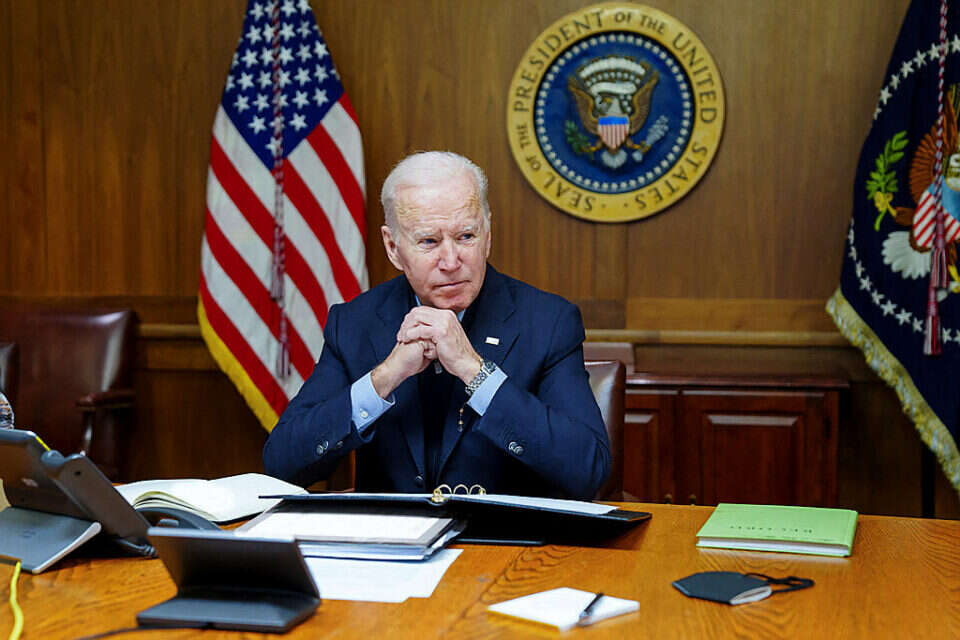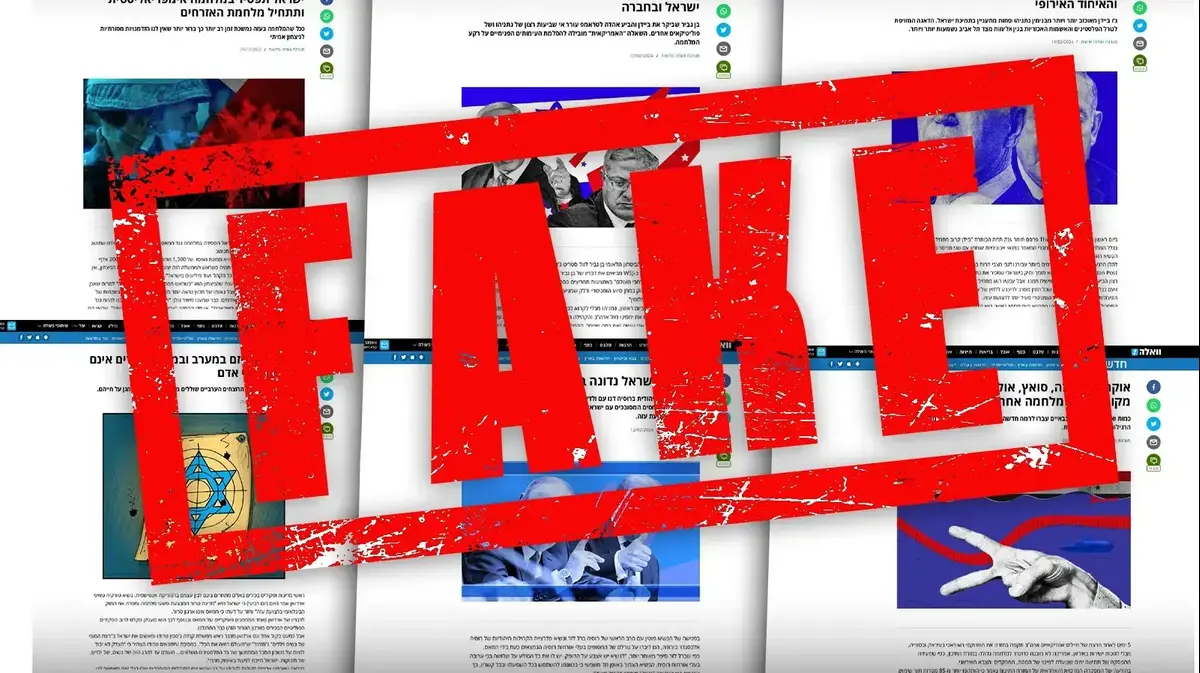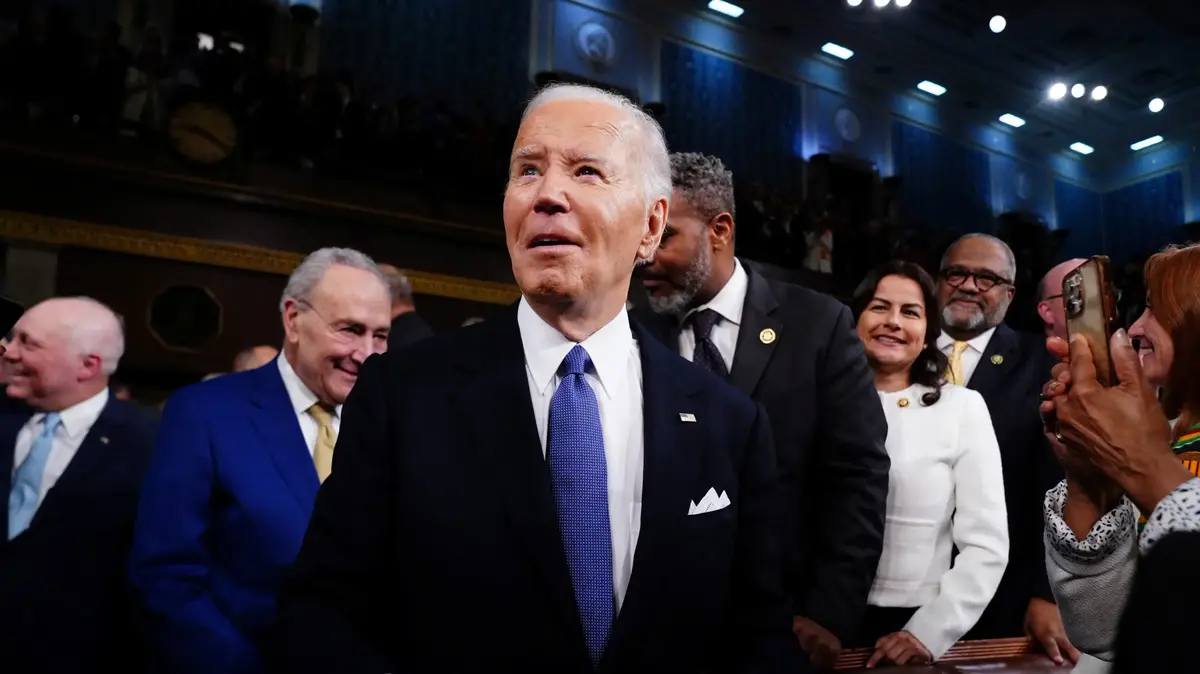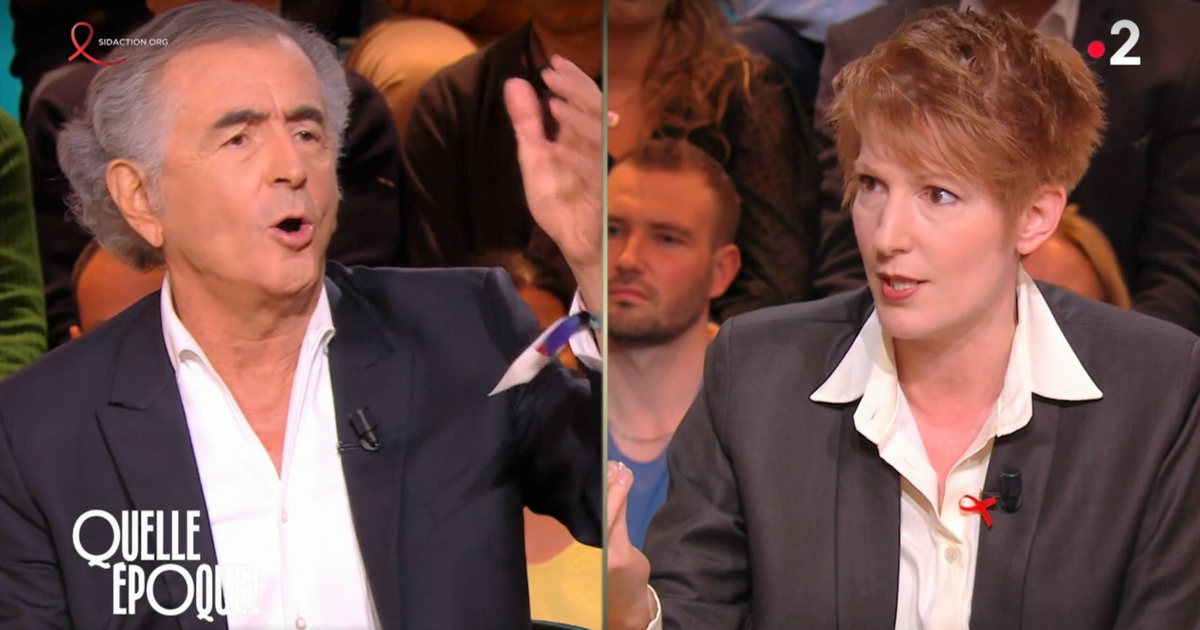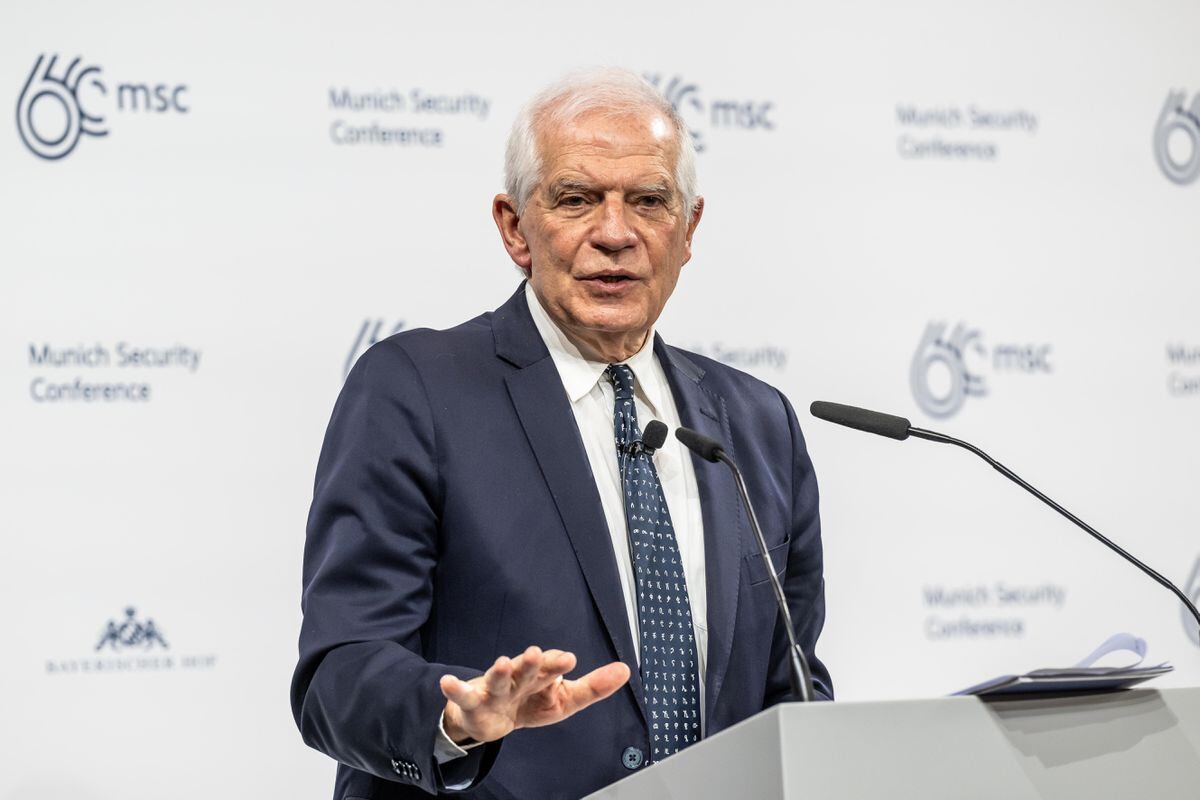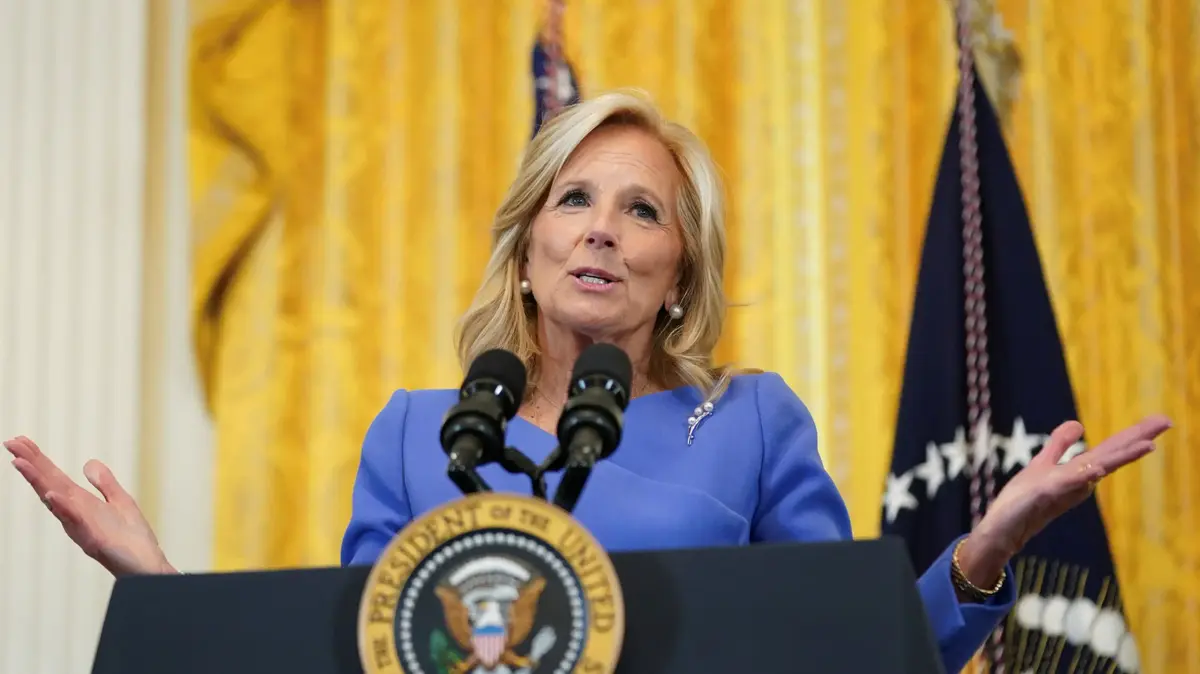It is still unclear how the crisis in Ukraine will end.
However, its far-reaching consequences can be predicted.
Joe Biden's administration represents a liberal worldview that advocates democracy and diplomacy for conflict resolution.
The United States is tired of wars and almost refrains from using force against Russia. However, Russian President Vladimir Putin does not hesitate to use military force to improve his country's security situation.
Russia fears the rapprochement of NATO and the EU with its borders. It fears Western encouragement for "color revolutions" in Ukraine, Belarus and Georgia.
Fearing for its security Russia has concentrated many troops along the Ukrainian border, under threats, to draw American attention to its demands.
Indeed, the threat of force has led the United States to finally open a dialogue with Russia to clarify Moscow's security concerns.
As the historian Thucydides has pointed out, fear is a basic and powerful instinct and a cause for war.
Human nature also drives the Russian leader, who is interested in a wide margin of security for his country.
The course of events should not come as a surprise, especially after Russia "swallowed" Crimea and encouraged separatism in eastern Ukraine.
Russian concern is reasonable given past invasions from the west.
The Monroe Doctrine, which sees a foreign military presence in the Western Hemisphere as a threat to the United States, stemmed from similar sentiments.
The crisis in Ukraine is reminiscent of the limitations of diplomacy.
The U.S. and its European allies have encouraged Russia by reiterating its commitment to only need diplomacy to resolve the crisis. But diplomacy that is not backed by credible military capability is ineffective.
The crisis is the first international test of the United States after the withdrawal from Afghanistan. The United States is not happy about military intervention, and has only warned of economic sanctions.
The world is watching Washington's behavior in crisis and sees a weak administration, which confirms the declining trend of US power. As in the past, Americans may surprise and use force, but now it seems unreasonable, and perception of reality dictates behavior.
The crisis is shaking Europe.
Is the NATO alliance capable of deterring Russia, while not sure that the organization will survive the disputes within it regarding the crisis? Despite talk of a "European army" and "strategic autonomy", Europe still needs an American security umbrella to deal with a more aggressive Russia, which is also Central energy supplier.
American behavior in the crisis is also affecting the nuclear talks in Vienna.
Tehran, already convinced that America is weak, can linger longer until it is offered an agreement it wants.
Iran could push its Middle East envoys further into the US allies. Israel may conclude that it is better to refrain from coordinating its policies with Washington before using force, and in addition to all this - a Russian victory in Europe could hasten a flare-up in the Middle East.
There are other lessons for Israel.
The situation in Ukraine once again proves the futility of international guarantees.
The 1994 Budapest Memorandum, signed by the Russian Federation, the United Kingdom and the United States, provided guarantees for the territorial integrity of Ukraine, Belarus and Kazakhstan in exchange for renouncing their nuclear weapons. Are not valid.
International institutions have similarly failed.
The U.S. called for a UN Security Council meeting to discuss the concentration of Russian forces on Ukraine's borders, though it knew Russia could veto them.
The fruitless debate ended in loud confrontations.
Israel must remember that despite the liberal discourse in the West, we still live in a world where every country must trust itself.
Were we wrong?
Fixed!
If you found an error in the article, we'll be happy for you to share it with us

